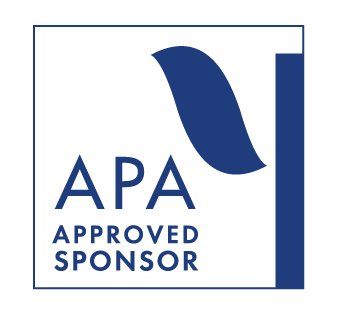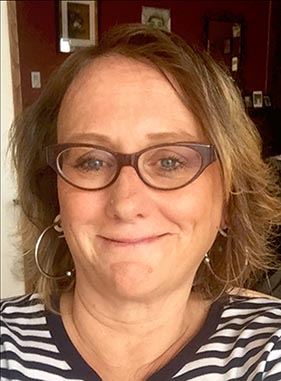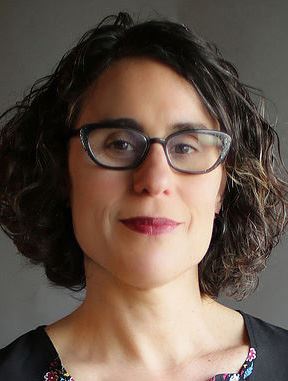Incorporating Harm Reduction METHODS into your PRIVATE Practice
October 28, 2017, 9:00 AM - 4:30 PM
(Breakfast included; lunch on one's own)
Alliance Health Project, 1930 Market Street, San Francisco, CA 94102
Instructors: Cynthia Hoffman, LMFT, and Claudia Figallo, MPH, CATC
6.0 CE credits
Registration Fee:
Standard: $225.00
Gaylesta Members & AHP Employees: $175
Interns: $100 (limited availability - register soon)
To Register, click here
Overview The practice of Harm Reduction Psychotherapy requires a paradigm shift between traditional drug treatment which requires individuals to be fully abstinent of all substances before entering into a therapeutic alliance. Harm Reduction Psychotherapy works under the principle that therapeutic work can be done even while a client is still using substances. It aims to gain awareness around a client’s using pattern and make incremental changes which can support growth and well-being. It does not ignore the fact that using substances can include a level of risk and aims to support the client in making informed choices around their drug and alcohol use by supporting self-efficacy and autonomy. The Harm Reduction paradigm can be especially useful in working within the LGBTQQIA community, given that rates of substance use are generally higher than in the general population, and reflective of both some of the internal dynamics of the individual, and some of the social and sexual contexts of this community. It is therefore important to carefully examine the various determinants of use and misuse, and the costs/benefits of such use or changes in use. Harm Reduction aims to address specific concerns of gender and sexuality diverse individuals, such as loneliness, complex trauma, lack of connection and community, intimate relationships and depression. The use of this paradigm in addressing substance use is also consistent with prevalent strategies used for associated behavioral concerns, such as sexual risk-taking. This seminar will teach the history of Harm Reduction Psychotherapy, the principles of Harm Reduction and how psychotherapists in private practice can work from a Harm Reduction perspective. Issues of substance use assessment, goal setting and counter-transference when working with substance users will be addressed. A reading list will be provided before the training to allow participants to familiarize themselves with basic Harm Reduction concepts. Continuing Education Information
| Seminar Leaders
Outline Objectives
Target Audience There are no potential conflicts of interest for the instructors in providing this seminar on behalf of Gaylesta. |


 Gaylesta, Inc. is approved by the American Psychological Association to sponsor continuing education for psychologists. Gaylesta, Inc. maintains responsibility for this program and its content.
Gaylesta, Inc. is approved by the American Psychological Association to sponsor continuing education for psychologists. Gaylesta, Inc. maintains responsibility for this program and its content. Cynthia Hoffman, LMFT
Cynthia Hoffman, LMFT Claudia Figallo, MPH, CATC
Claudia Figallo, MPH, CATC